Will London be Berned like the Swiss?
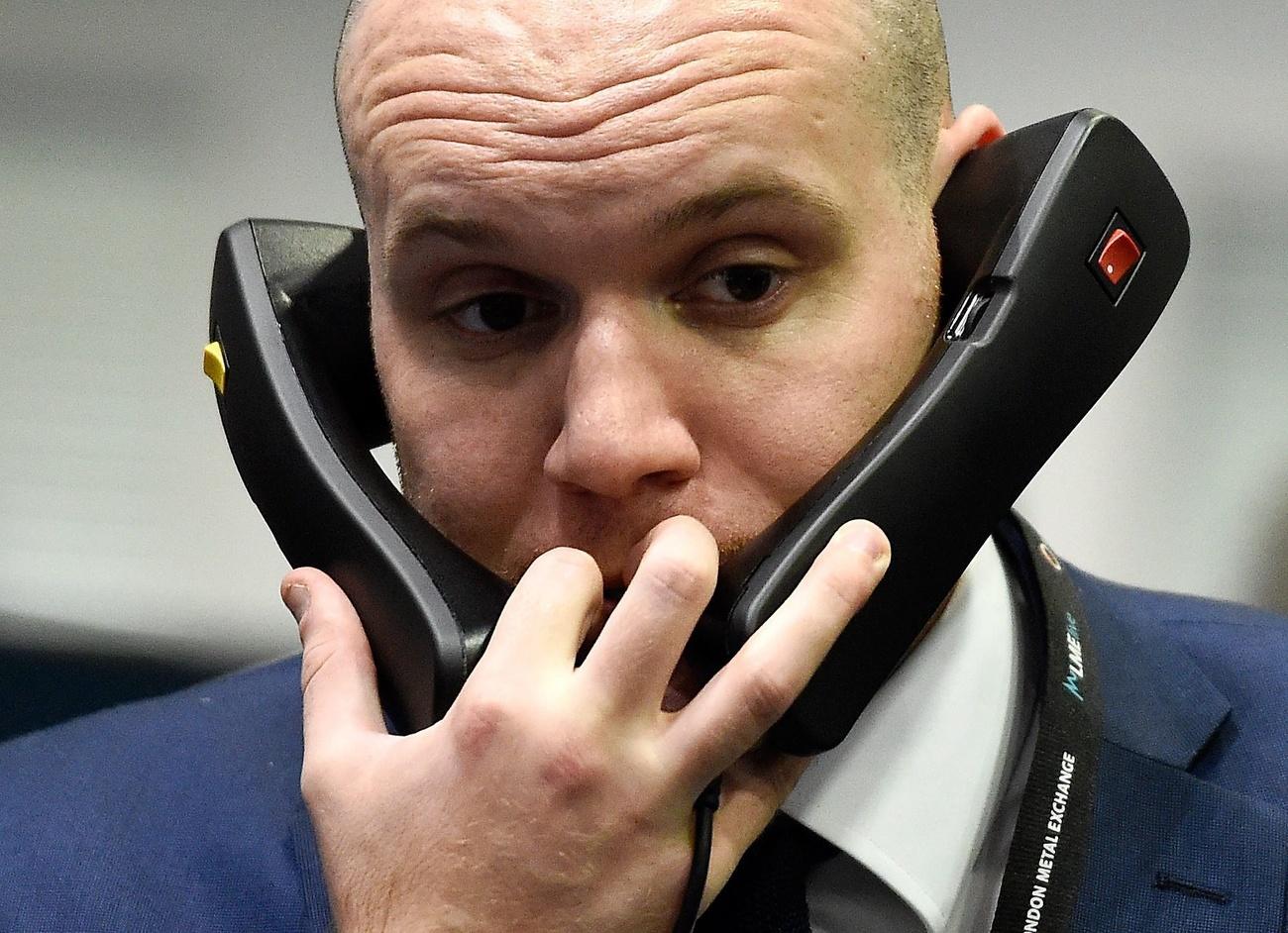
For three years European asset managers have kept their fingers crossed for luck, wishing hard that the UK’s exit from the EU will do minimum damage to the €25 trillion (CHF27.8 trillion) investment industry. But a dispute between the EU and Switzerland, in which financial services is a casualty, is making London and continental traders even more jittery.
At the end of June, the EU allowed a permit called equivalence, which allows Swiss shares to be traded easily in the bloc, to expire.
Switzerland retaliated with a warning that banks and asset managers would face fines or even jail if they flouted a ban on trading Swiss stocks on EU exchanges.

The scrap follows a breakdown in talks over a Brussels-Bern trading agreement. The EU and the Swiss are trying to switch about 120 separate bilateral agreements into a single framework. Talks have been tough, with Switzerland unnerved that it would be required to adopt some EU laws.
The decision by a frustrated EU not to extend equivalence, which allows non-EU and EU investors to trade freely across borders, has shocked the investment industry.
Officials admit they do not know how much disruption will be caused by the stand-off or the extent of its longer-term implications for European share trading.
The issue has already proved complex and bureaucratic, sparking frantic phone calls between investment industry figures, prompting regulators to issue last-minute advice and forcing exchanges to overhaul their systems.
The fear is that some in Brussels see the EU-Swiss argy-bargy as a dress rehearsal – and that something similar could play out after the UK leaves the EU, a move that would have huge ramifications for Europe’s largest trading market and its investors.
Collateral damage
Alasdair Haynes, founder and chief executive of Aquis Exchange, a UK share trading venue, suggests that stock trading could become collateral damage in the event of a no-deal Brexit.
“Fund managers should be very concerned,” he says. “It is clear that what is happening [with the EU not extending Switzerland’s equivalence status] is a result of Brexit. Everyone believes this is politically motivated. Equivalence is the gift of the European Commission.”
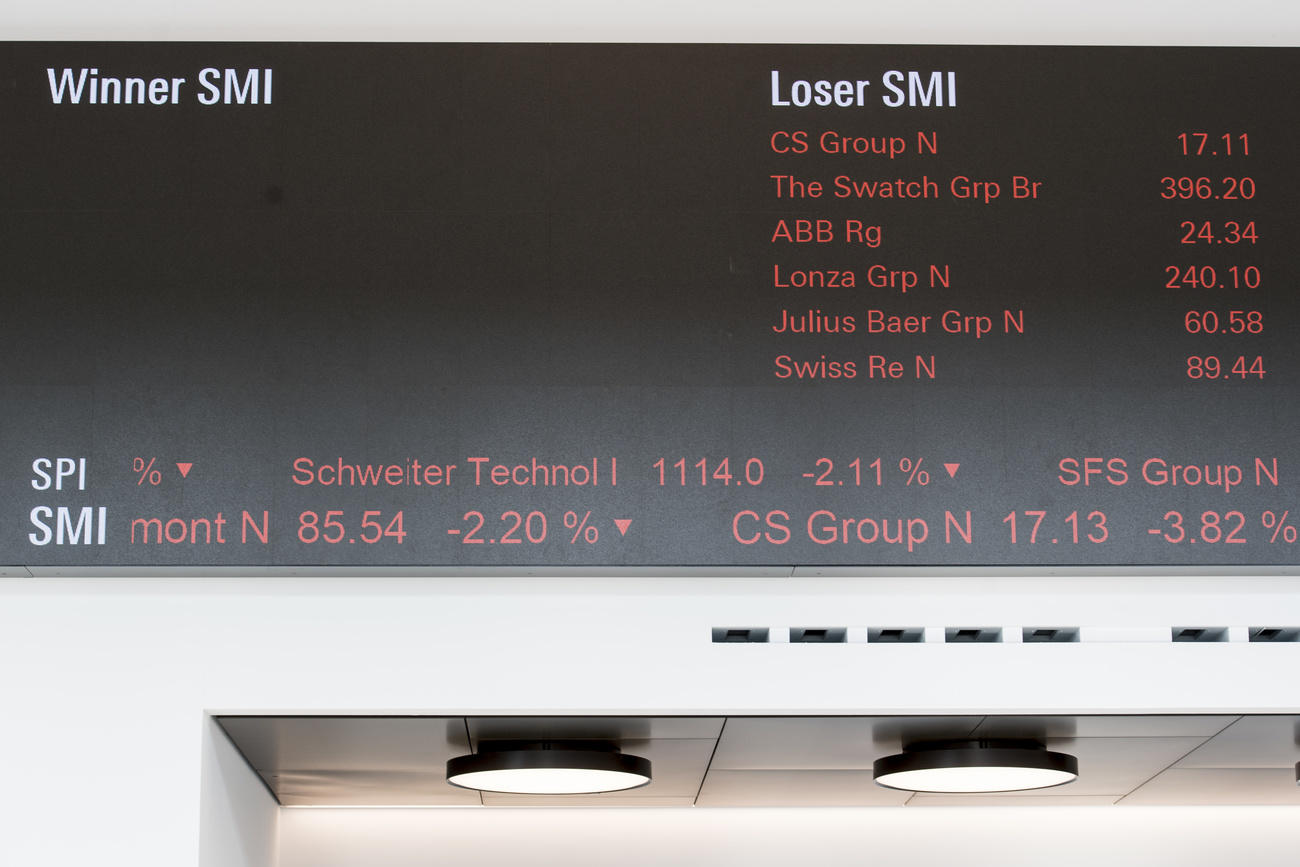
More
Has the EU scored an own goal with Swiss stock exchange freeze?
Michael McKee, partner at DLA Piper, the law firm, agrees that the Swiss issue has ramifications for UK markets after Brexit.
“The big issue is what happens if this scenario plays out in an EU-UK Brexit spat. It takes two sides to have that battle. If the UK took a similar stance to Switzerland, that would have much bigger implications because you are talking about a far larger number of stocks,” he says.
Until recently, the expectation has been that, after the end of October, the post-Brexit UK would be seen as “equivalent” for trading in stocks and shares.
But the Swiss-EU row coupled with the risk of a no-deal Brexit means fund managers will need to consider what will happen if the UK is not granted equivalence, both immediately and later.
No deal would see the UK leave the EU without an agreement, a risk that has increased since Theresa May’s resignation as leader of the ruling Conservative Party. Boris Johnson, the favourite to replace her, has pledged that the country will exit the EU by October 31 “do or die” and “come what may”.
“It doesn’t take a Nobel Prize winner to work out this [the loss of equivalence] is what could happen in the case of the UK after Brexit,” says one asset management executive.
Iain Anderson, executive chairman of Cicero Group, a lobbying group, says: “The UK financial services sector will be watching this closely, not least with the prospect of a hard Brexit now significantly heightened.”
Brexit tit-for-tat
London is the largest stock trading market in Europe, with continental European stocks often traded in the British capital as well as in their home country. That means that investors may buy a share in, say, L’Oréal in either France or the UK, depending on where the best prices and liquidity are.
However, at the end of May the European Securities and Markets Authority, the pan-EU regulator, issued a list of 6,200 stocks that EU investors could only trade in the EU in the event of no deal.
There is also concern over the effect on investors if the UK regulator applies the same so-called share trading obligation in a no-deal Brexit, which it has said it plans to do.
It could mean that EU investors have to buy L’Oreal stocks in the EU while UK investors must trade them in London – regardless of best prices or liquidity.
“That would be very bad news for end investors,” says Haynes, warning that it could create fragmented liquidity in stocks.
“I’m not sure any of the politicians are considering financial markets and the long-term damage they can do. This is yours and my money and pension funds money that is going to be affected,” he adds.
Others, however, suggest the chances of share trading being caught up in a Brexit tit-for-tat are small, particularly as the UK is such an important market. Olivier Carré, regulation advisory leader at PwC in Luxembourg, says: “The likelihood of this risk materialising is very, very low. The union is not very keen to have disruptive market results alongside Brexit.”
Carré suggests that Britain could instead be granted equivalence, at least for share trading, for, say, a year, with a review or renewal to follow depending on how talks go in the event of a no-deal Brexit.
“The working assumption that clients had until now is London would be an equivalent regulated market. The only thing is we are taking from this [dispute between Switzerland and the EU] is that [equivalence] could be taken away some time,” he suggested. “All will depend on the negotiations that the EU and UK could have after a no-deal Brexit.”
Regardless, many regulatory experts and trading desks are watching the Swiss situation closely. “Frankly this is what happens when bureaucrats and politicos use financial services as a whipping boy. No one wins, it is just costly,” an asset management industry veteran says.
Swiss-EU row
The ban on trading stocks outside Switzerland has already hit London’s financial centre since its introduction on Monday.
Exchanges such as Aquis, which accounted for about 5% of Swiss share trading, have had to prevent investors from using their systems to deal in stocks from Nestlé to Novartis.
Instead, if an investor wants to buy or sell some of Europeys most actively traded stocks, including UBS and Roche, they have to use a bank or broker in Switzerland. Zurich is the fourth-largest centre for trading shares in Europe, according to Cboe Europe.
The full effect of the ban has yet to become apparent. One official told the Financial Times: “It could take weeks or months for the dust to settle.”
Iain Anderson, of Cicero, says: “The ongoing bilateral discussions on a range of issues between the EU and Switzerland have been taking place for many years and the issues have been hard to resolve. The question remains whether or not it will impact operations in a material way.”
There is concern that concentrating trading in Switzerland will hurt competition. Trading executives expect that the Switzerland edict will result in most trading moving to Zurich. There are still grey areas with private marketplaces run by banks and high-frequency platforms sitting outside the scope of the Swiss rules.
There is also fear that with most trades going through Switzerland, the local exchange could increase dealing costs. Some industry figures suggest it will make it more difficult to trade.
Chris Cummings, chief executive of the Investment Association, the UK trade body, says: “The ending of equivalence for Switzerland risks creating operational uncertainty and reduced market liquidity. It is essential that regulators work together to minimise the effects of the decision or investors will lose out.”
He adds that the industry needs further clarity from regulatory authorities across Europe over “how they will give the industry the certainty it needs in practice to continue to manage our customers’ money effectively and efficiently”.
Copyright The Financial Times Limited 2019
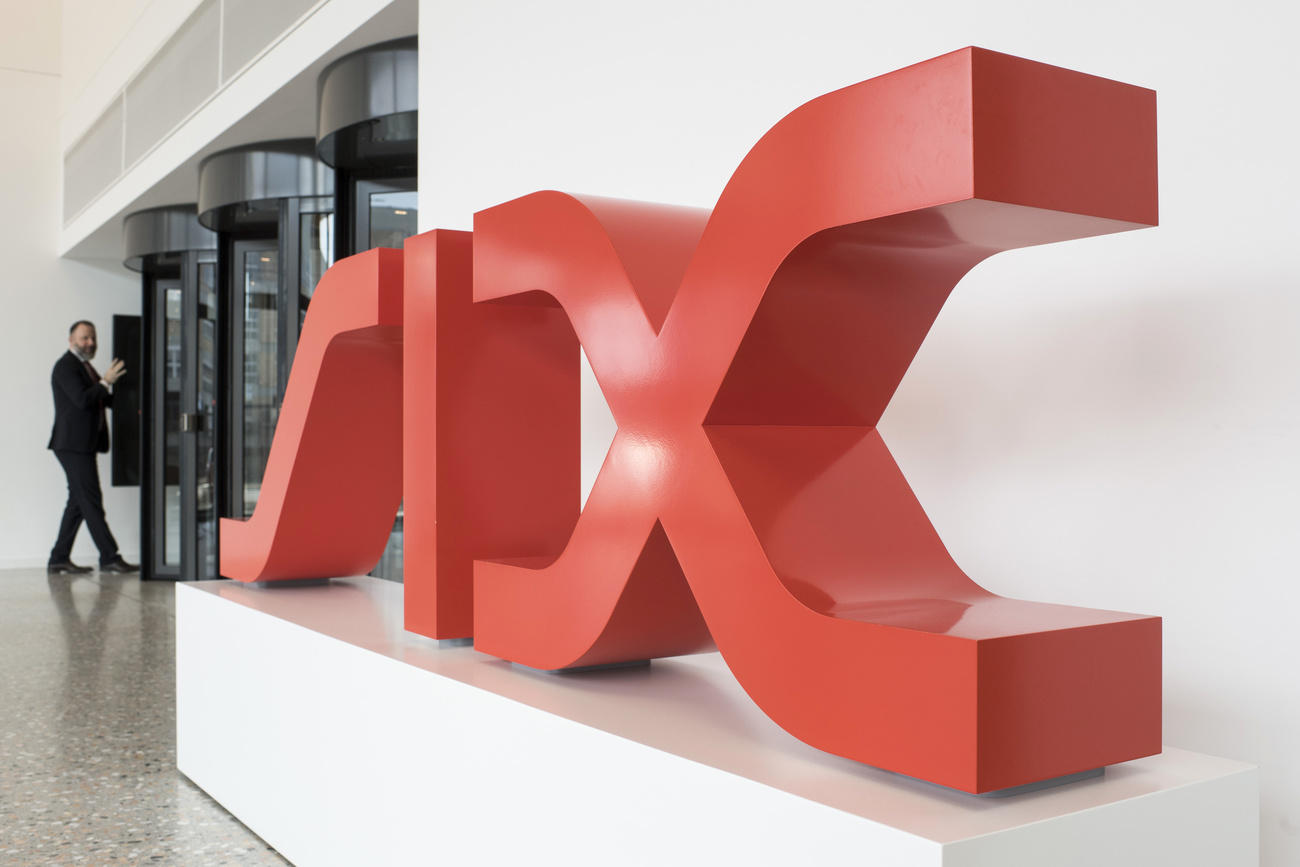
More
What effect would an EU freeze have on the Swiss stock market?

In compliance with the JTI standards
More: SWI swissinfo.ch certified by the Journalism Trust Initiative








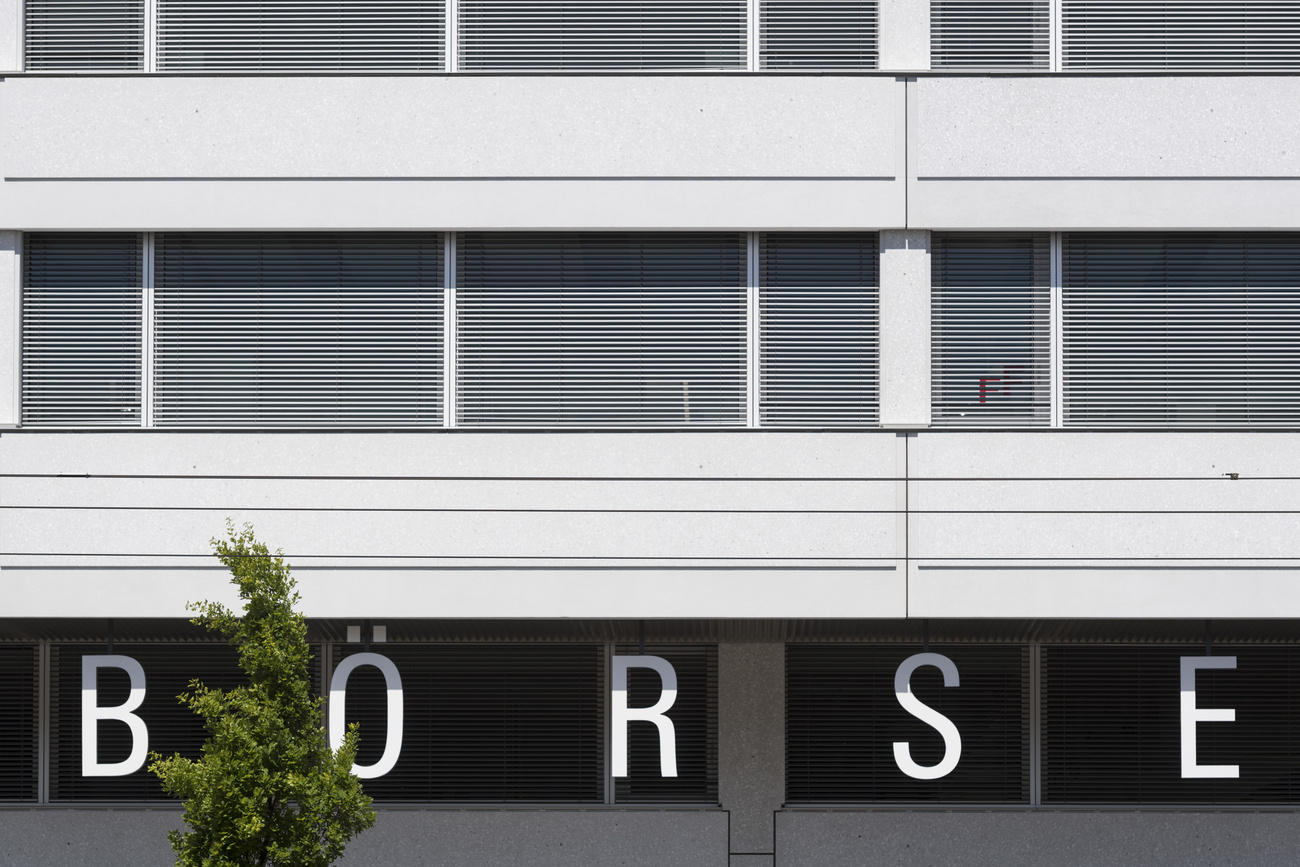
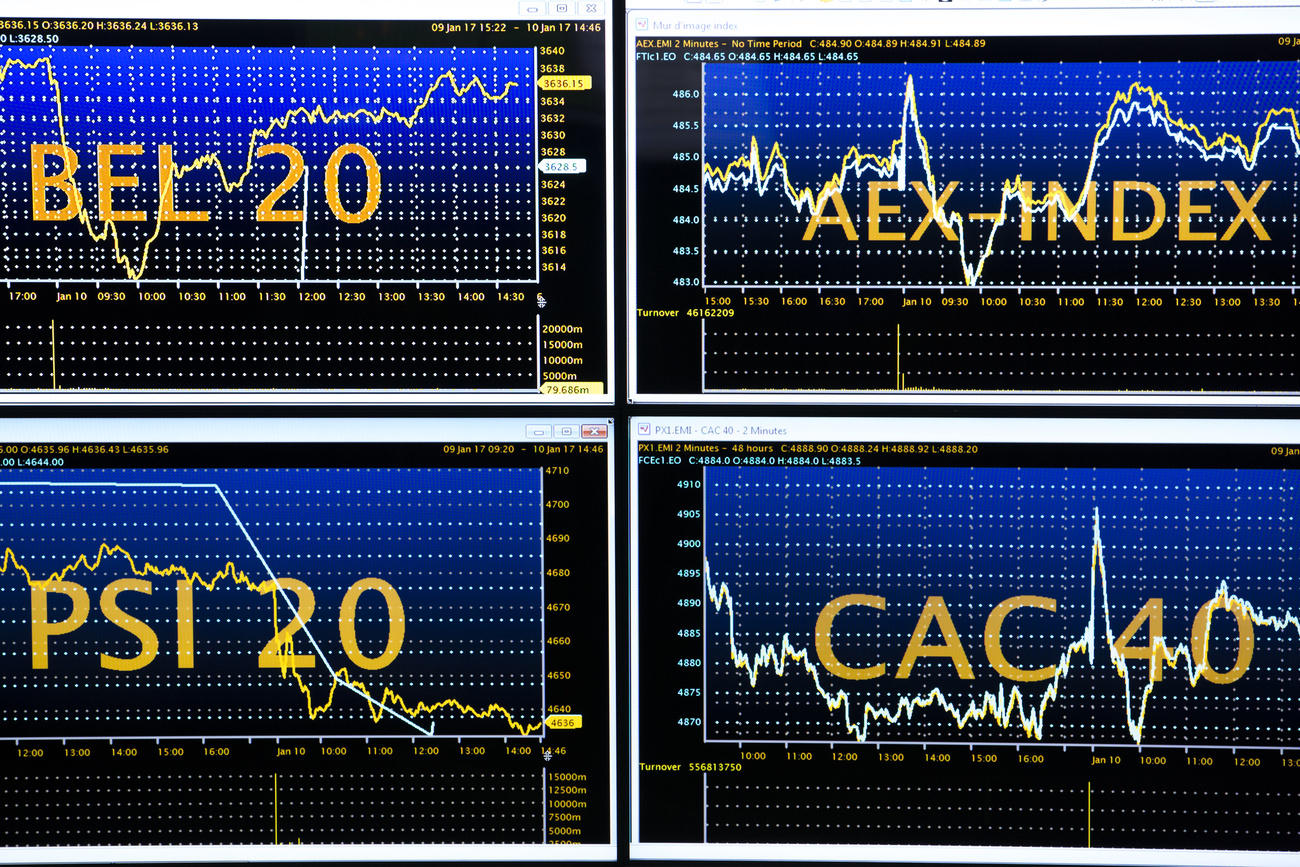
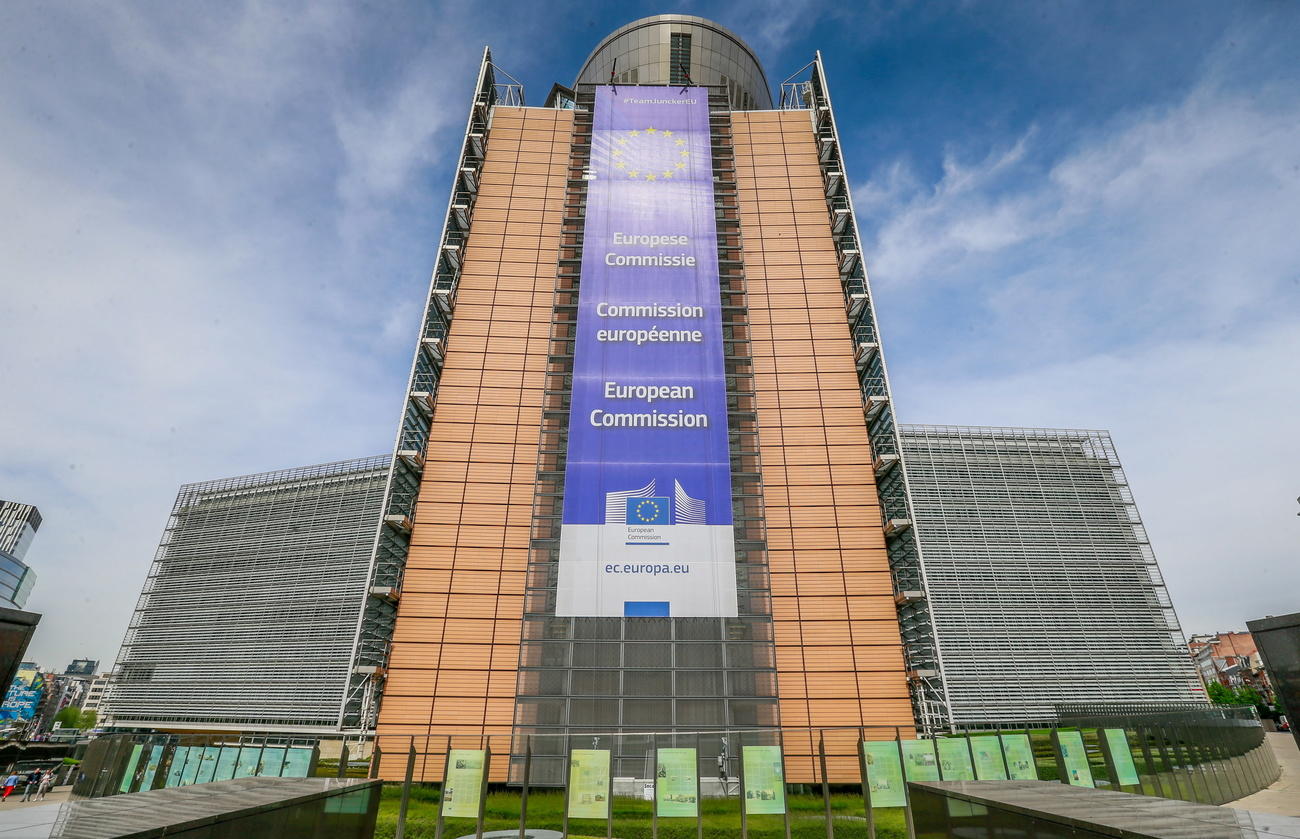
You can find an overview of ongoing debates with our journalists here . Please join us!
If you want to start a conversation about a topic raised in this article or want to report factual errors, email us at english@swissinfo.ch.